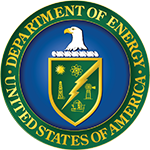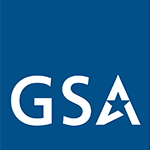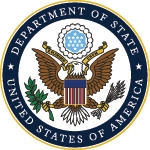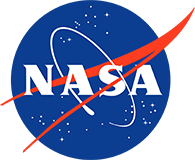Pittsburgh, PA
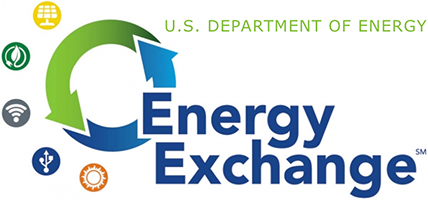
Explore a paradigm shift in federal agency financing, moving beyond project-centric approaches to embrace pipeline planning for maximum impact. This session delves into strategies for aligning agency objectives with sustainable funding sources, optimizing resource allocation, and fostering collaboration across sectors. Discover how this innovative approach leverages federal and private case studies like 'Clean Energy Futures' and 'Equitable Urban Development' to drive long-term, scalable results. Join experts and policymakers to learn how pipeline planning can revolutionize funding efficiency, expedite impactful project delivery, maximize projects undertaken and amplify agency contributions towards societal betterment. Gain insights, tools, and inspiration to navigate this transformative journey and make financing-for-impact a reality.
Instructors
Shawna Ramthun, Energy Savings Contracts Branch Chief, General Services Administration Read Bio
Shawna Ramthun is the GSA National ESPC Program Manager and Energy Savings Contracts Branch Chief. Shawna started her federal career with GSA Region 5 where she spent several years as a Facility Manager before transitioning to acquisition and working as a warranted Contracting Officer while earning her Masters Degree in Environmental Management. She later became the regional ESPC program manager for Region 5. Shawna joined GSAs Central Office Energy Division where she developed and launched a national Measurement & Verification program for performance contracts. Today, in her current role, she oversees the GSA's $3billion and growing national portfolio of Energy Savings Performance Contracts and Utility Energy Service Contracts currently achieving over $115 million in savings per year. Her team is responsible for GSA's National Deep Energy Retrofit program and is striving to leverage these public private partnerships for deep energy retrofits coupled with electrification to decarbonize GSA's building portfolio in their path to Net-Zero.
Miranda Brannon, Chief of Project Development, Air Force Office of Energy Assurance Read Bio
Miranda Brannon is the Chief of Project Development at the Air Force Office of Energy Assurance. In this role, she oversees both the preparation of Installation Energy Plans and the development of projects to enhance energy resilience for the Department of the Air Force (DAF). Prior to her current role, Ms. Brannon served for over 20 years as an environmental engineer, including positions at Headquarters U.S. Air Force, the Air Force Medical Support Agency, and the U.S. Fish and Wildlife Service.
Kathleen Krah, Research Engineer, National Renewable Energy Laboratory (NREL) Read Bio
Kathleen Krah is a research engineer at the National Renewable Energy Laboratory (NREL). Her work centers around NREL's REopt tool, a techno-economic optimization tool for distributed energy systems. Kathleen leads techno-economic analysis projects to support domestic and international communities, government agencies, and other public- and private-sector organizations seeking to cost-optimally achieve their energy goals - including decarbonization, resilience, and cost-savings priorities. Additionally, she contributes to REopt tool development, with a focus on expanding emissions and renewable energy modeling capabilities, and now leads the REopt team at the program level. Kathleen holds an MEngSc in Sustainable Energy Engineering from University College Cork (Ireland) and a BS in Chemical and Biomolecular Engineering from the University of Notre Dame.
Learning Objectives
Upon completion of this course, attendees will be able to:
- Recognize the importance of diversifying funding sources to optimize energy portfolio;
- Identify how agencies have leveraged private-public partnerships to their advantage;
- Identify various financing sources/mechanisms for energy projects;
- Recognize aspects of NREL's tool for optimizing its renewable energy portfolio.




